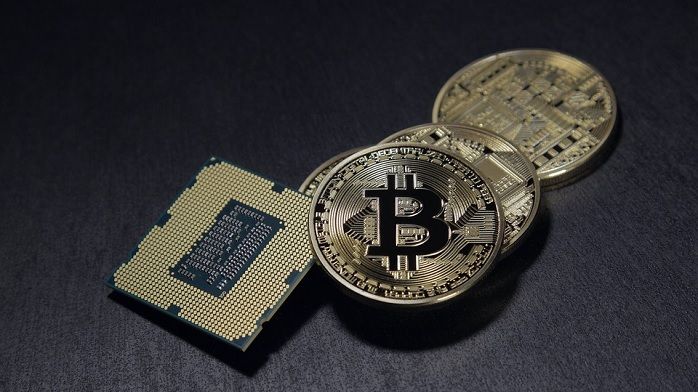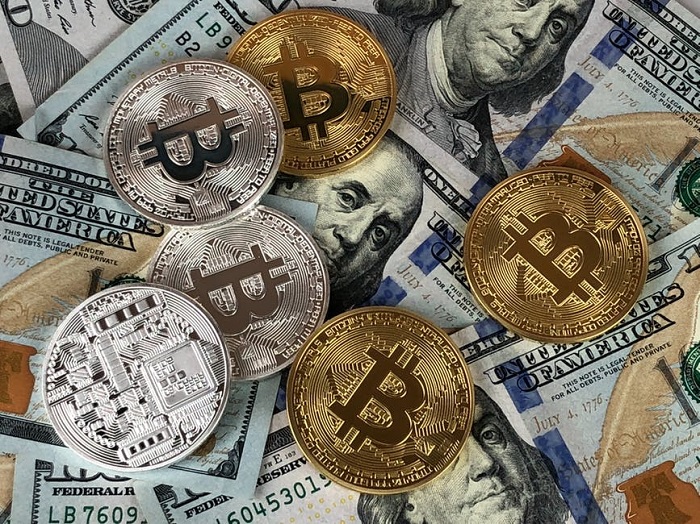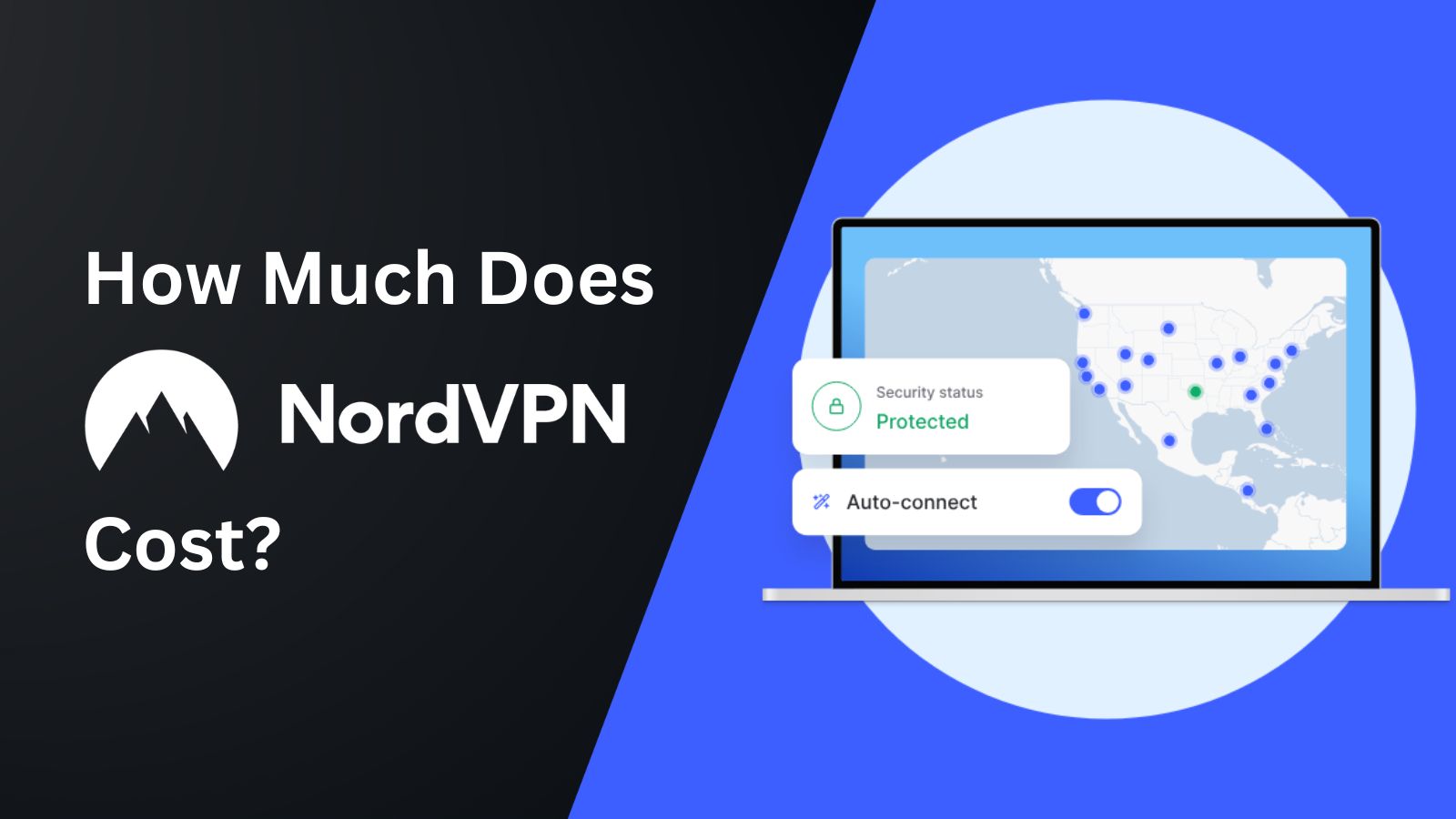
What are the Risks of Cryptocurrency Mining?
Cryptocurrency is a fascinating topic. It's a mathematical abstraction that creates an artificially scare digital resource, which can then be used as currency. It's basically a virtual form of gold. So it would be more accurate to think of it as a commodity than a modern currency. The analogy with commodities such as gold or silver holds up quite well actually, especially in the sense that cryptocurrencies such as Bitcoin have to be "mined". So what is cryptocurrency mining?
Just as with gold locked away in the earth, cryptocurrencies take time, effort, money and equipment to dig out of the digital depths. However, it's the only way to get new cryptocurrency into circulation and one of only two ways to get cryptocurrency of your own. Powerful computers race to be the first to solve hard brute force cryptography problems, with the hope of being awarded a shiny coin.
That might sound like a good deal, but if you're thinking about mining crypto, you should be aware that this is not a risk-free enterprise. These are some of the potential risks miners may face.
Legal Risks
The world and its many governments aren't too sure what to do about cryptocurrency quite yet. Some are waiting to see how things go. Others are already looking at creating state cryptocurrencies. Some are also jumping on the regulation of this new technology quickly. This means, if you're in the wrong country, mining cryptocurrency could be illegal! Even if it isn't outright against the law, if there are regulations in place you have to make sure that you comply with the requirements of that legislation.
It's unlikely that anyone is going to send a SWAT team to bust down your single-GPU dabbling at home, but if you want to do any serious sort of mining you better make sure you don't run afoul of the powers that be.
The laws in question might not even be specifically written for cryptocurrency. Some existing financial laws, such as those defining exchange controls, may make mining illegal by default. So make sure you do your legal homework for your specific country.
Dodgy Mining Pools
Because cryptocurrency mining requires so much computing power in the race to verify blocks in the blockchain, the only practical way for the average person to benefit is by joining a mining pool.
A mining pool is simply a group of people who all donate their computing power towards mining the same blocks on a blockchain. When the pool gets a payout, it splits the coin between all the contributors according to their contribution. It's a good way to make some money from mining and it's much more profitable than trying to mine a block just with your own computer. You'll never make a cent that way these days.
While mining pools are great in theory, it also requires quite a bit of trust from your side. After all, we have to trust that the pool will actually pay the coins over to contributors. Dodgy mining pools can simply opt to take the coins and run. So be sure to only use reputable, long-running pools if you don't want to be robbed of your time and computation.
Black Hat Hackers
If you're running your own mine, you'll know that the costs are not insignificant. So when you get your first entire coin to yourself, there's a palpable sense of relief that the investment wasn't for nothing. Except, where did your coin go? Uh-oh, you might have been the victim of a hack!
Yes, one of the risks of running your own mine is that someone might break in and steal your loot right at the moment you should have been cashing out. There have been plenty of stories over the last few years about hackers making off with millions in cryptocurrency, and the mining setups themselves are ripe targets. So if you're going to be running a mine making significant money, be sure to invest some of that profit into cybersecurity!
Environmental Concerns
Real-world mining has a massive environmental impact. This is why there is such a large drive to rehabilitate mines that are no longer profitable, repairing some of the damage that has been done.
What about virtual mining for cryptocurrency? Well, it turns out it has a pretty big impact as well. All that computation requires electricity. If that electricity comes from a non-renewable source that means it's causing a pretty significant environmental effect.
Data centers are already under scrutiny for their energy use, which is why energy efficiency is just as important as performance these days. Since cryptocurrency mining is deliberately heavy on computing power, it's also an energy hog and it's not really doing something really useful. Such as being used for cancer research or other scientific pursuits.
If you do care about the environmental impact of your mining, then you should try and use the most energy-efficient components as well as energy sources that are renewable. If you live in a country that relies on fossil fuels to make power, that can be a tall order.
That being said, there's a quiet revolution happening with solar-powered mining rigs. Put out in the desert, once these systems have paid off their investment cost, they generate almost pure profit. Renewables are likely to play a significant role in future mining operations.
Rapid Hardware Obsolescence
In the early days of Bitcoin mining, you could make some real money using your desktop CPU. Then it becomes too hard and GPU acceleration became the norm. These days GPUs aren't that profitable either, so mining rigs use ASICs. Application-specific integrated circuits.
ASICs themselves are subject to becoming rapidly obsolete. Newer, faster ASICs that use less power and beat older hardware to the punch means that serious miners need to keep buying the latest hardware or their mines become useless. That's a major risk since it means if you aren't making money quickly enough now to upgrade your mine in the future, you may soon end up with nothing but a pile of hardware only worth their scrap material price.
Hardware Failure
Cryptocurrency mining pushes hardware hard. Mining rigs have to run 24/7, which puts an extraordinary amount of strain on power supplies, cooling systems and the electronic components themselves. If your hardware begins to fail you not only lose the replacement cost of the mining equipment itself but the lost profit it was generating. Only a small fraction of your gear has to go down to greatly decrease your chances of being awarded coins, so this is a pretty bad one.
Cryptojacking
OK, cryptojacking isn't a risk aimed at cryptocurrency mining. Instead, it's a risk created by cryptocurrency mining that targets regular users and legitimate server owners.
In the first case, you may find that certain websites you visit via your browser are maxing out your CPU or GPU. You'll hear the fans of the computer spin up and perhaps the computer itself gets sluggish. That's because your computer has now been dynamically added to a mining pool without your consent. Also, none of the money being generated by your computer goes to you. Even worse, you're paying for the electricity! That's a pretty sweet deal for the cryptojacker, but not for you.
Of course, if you consent to this sort of thing it's not a problem, the issue is when sites try to sneak mining in through the back door. Sites that are sanctioned and can't make money through advertising may resort to this. Torrent sites and other places you really shouldn't be anyway are the most likely places you'll get cryptojacked.
The other type of computers that get targeted are web servers. These machines get infected with mining software that uses up all the spare cycles of the server to make money. This can affect users by reducing server stability or performance, but it also has a big impact on the running cost of the data center. Since more power and more wear and tear happen with everything running at full blast.
Limited Profitability
The biggest problem risk with any cryptocurrency mining operation is that you'll end up losing money. Many of the above risks factor into why there's not much if any profit to be made mining these days. However, it all comes down to how much it costs to mine crypto and what that crypto is worth.
If the value of the currency you are mining gets too low, your profits can suddenly turn into losses. Including any coin, you are holding on to. If the price of electricity is too high, it might not provide any profit at all.
If you are thinking about mining as a way to make money, you need to do a very careful calculation of all the costs that would go into it. The profit margins for cryptocurrency mining is razor-thin. Also, currencies like Bitcoin halve their value at set intervals. So even with computing power becoming cheaper and more abundant, all the currency has to do is dial up the difficulty or cut reward sizes. Add to this the extreme market volatility and you have a recipe for rocky times.
The Canary in the Coalmine
There are always debates around whether the mining of specific currencies, such as the mature Bitcoin currency, is now a pointless exercise. The truth is that there are many variables in play that make some times better for miners than others. As with any risky enterprise, some people will get very rich while most people are going to fail. That's true in almost any type of business. But in the Wild West of mining, the risks and rewards are more extreme. So be careful out there!
Have you tried your hand at cryptocurrency mining? Let us know down below in the comments. Lastly, we’d like to ask you to share this article online. And don’t forget that you can follow TechNadu on Facebook and Twitter. Thanks!
















